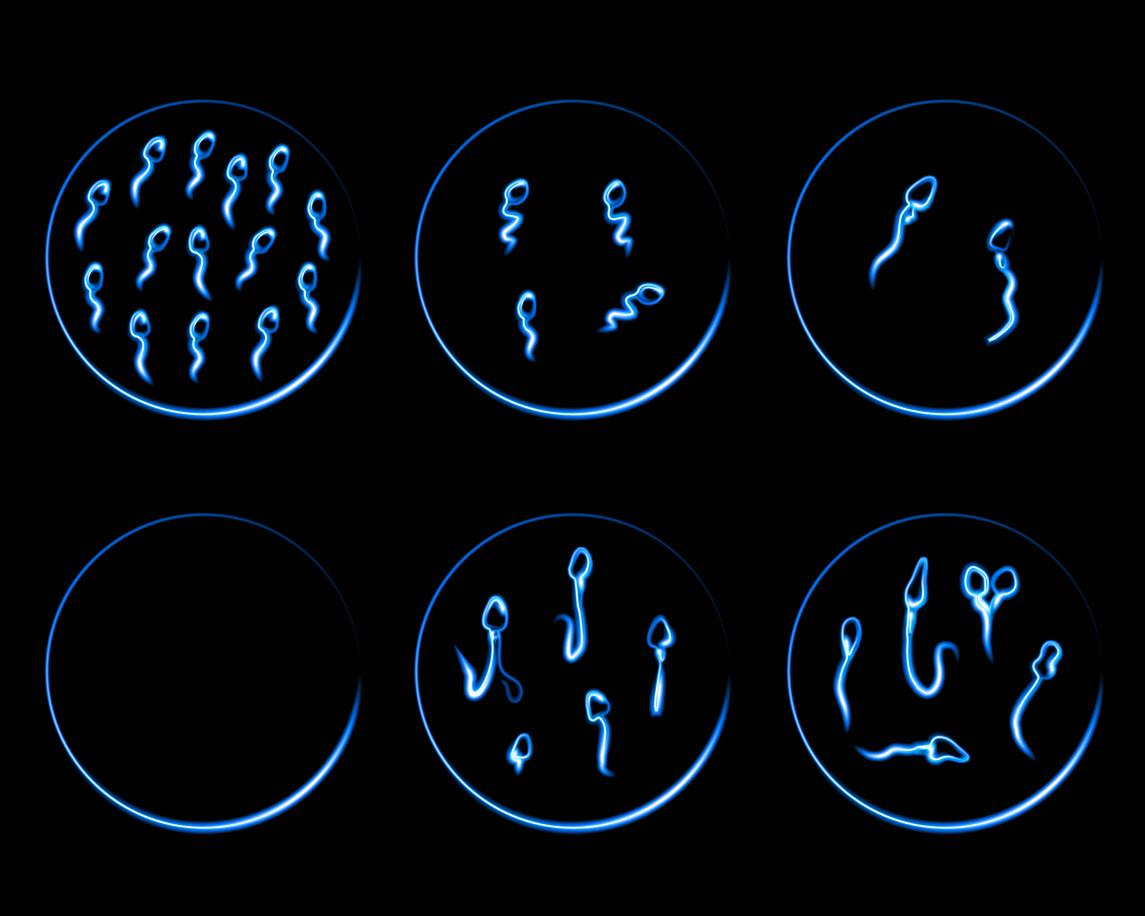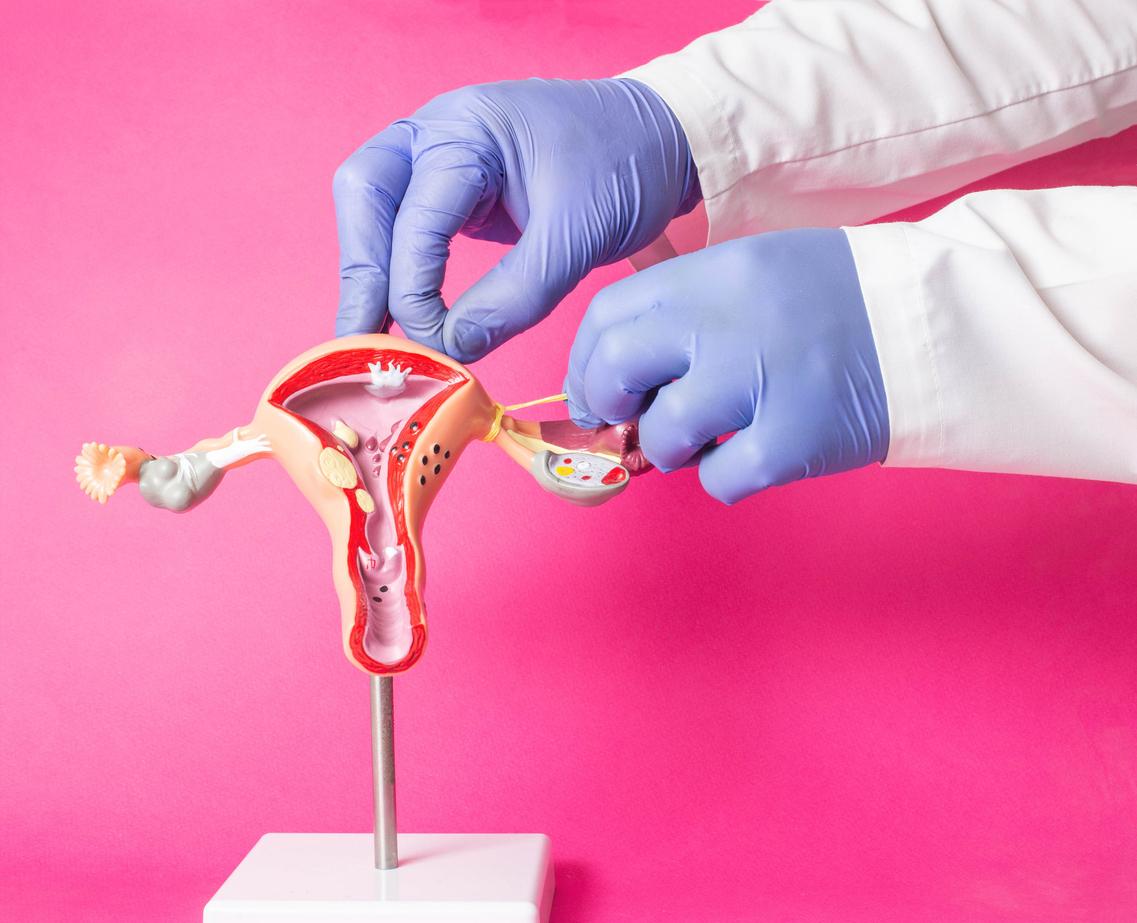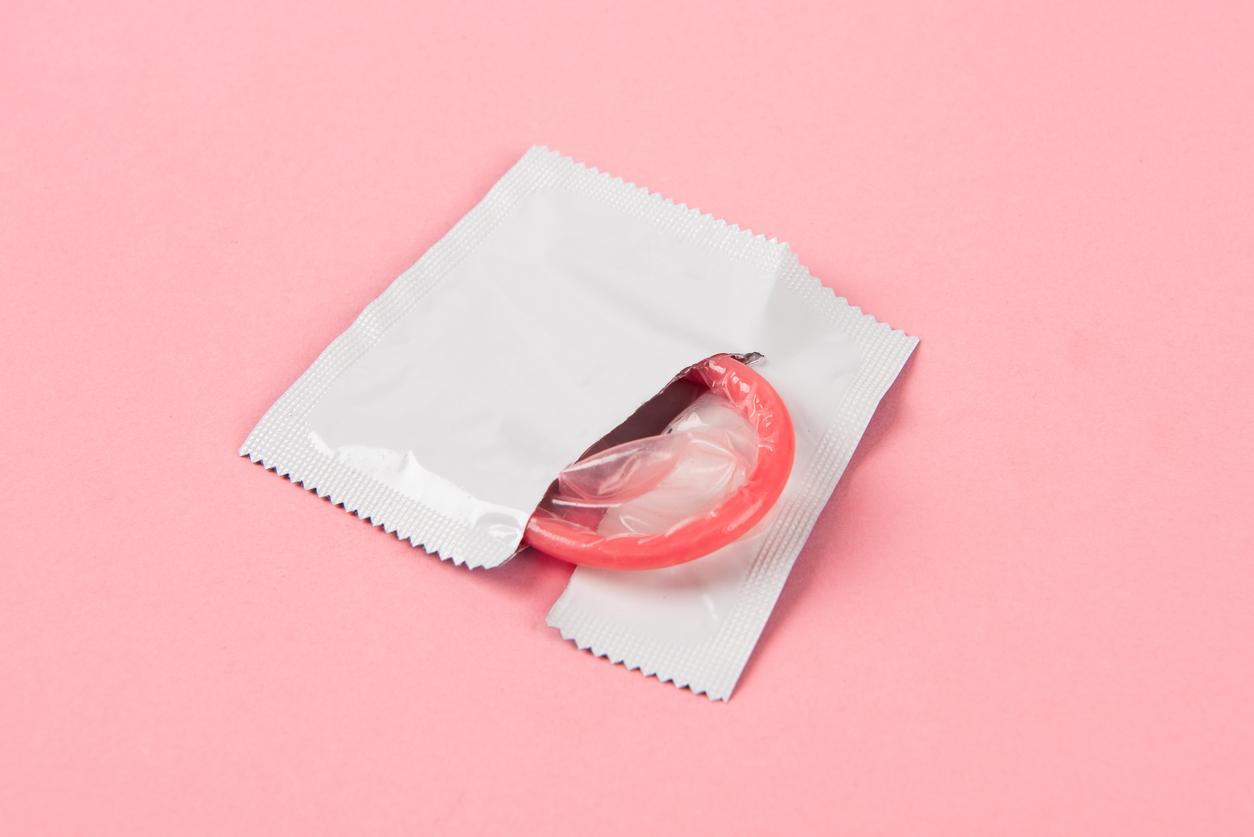Researchers have developed synthetic antibodies capable of trapping and immobilizing human sperm. Successfully tested in the reproductive system of sheep, they pave the way for possible use as a new non-hormonal contraceptive.

- These synthetic antibodies (igG) were developed from antibodies taken from the vagina of infertile women.
- Tested in vitro and in vivo in the reproductive system of sheep, they have shown great effectiveness, trapping more than 90% of spermatozoa. And this, even when administered at low doses.
Currently, the methods of contraception available to women are based on two methods: a sperm blocking mechanism such as the condom or the intrauterine device (IUD), and hormones, contained in particular in the pill. But these methods are far from perfect, since they can cause discomfort or unwanted side effects.
In a study published in the journal Science Translational Medicine, researchers claim to have found an alternative to these two contraceptive methods: antisperm antibodies. Administered by injection into the reproductive system of sheep, these synthetic antibodies have succeeded in fixing and trapping more than 99.9% of human spermatozoa.
Synthetic antibodies ten times more effective than the originals
Previous studies had shown that certain antibodies present in the vagina of some women contributed to making them infertile. Last year, researchers took these antibodies from female volunteers and removed the antigen-binding components. These components were used to create an igG antibody that demonstrated its ability to trap sperm. in vitro.
In this new work, the researchers added several antigen-binding fragments – 6, 8 or 10 – to an IgG antibody. They then injected plasmids containing these antibodies into human embryonic cells, which resulted in the growth of new IgG cells with the modified components. They then again tested the ability of their IgGs to attract sperm and bind to them in a Petri dish. The researchers then found that they were up to ten times more effective at trapping sperm than the original antibodies taken from the female volunteers.
Conclusive results, even at low doses
To estimate the effects of antibodies live, the researchers introduced the original IgG antibody, an antibody with 6 or 10 antigen-binding fragments, or a saline solution into the sheep’s vagina (similar to the human female reproductive system), and then simulated a ratio sex and issued a sample of human semen. Two minutes later, they retrieved the sample and analyzed the movement of the sperm. At high doses (333 micrograms of antibody), all three antibodies blocked almost all sperm motility. At a low dose (33.3 micrograms), the two modified antibodies effectively trapped more than 90% of the spermatozoa, which was not the case with the original IgG.
While these results are particularly encouraging, the researchers note that further work is needed to determine whether their technique could become a third contraceptive method for women. They now plan to test whether their modified antibodies will work the same way in a human vagina.

.

















